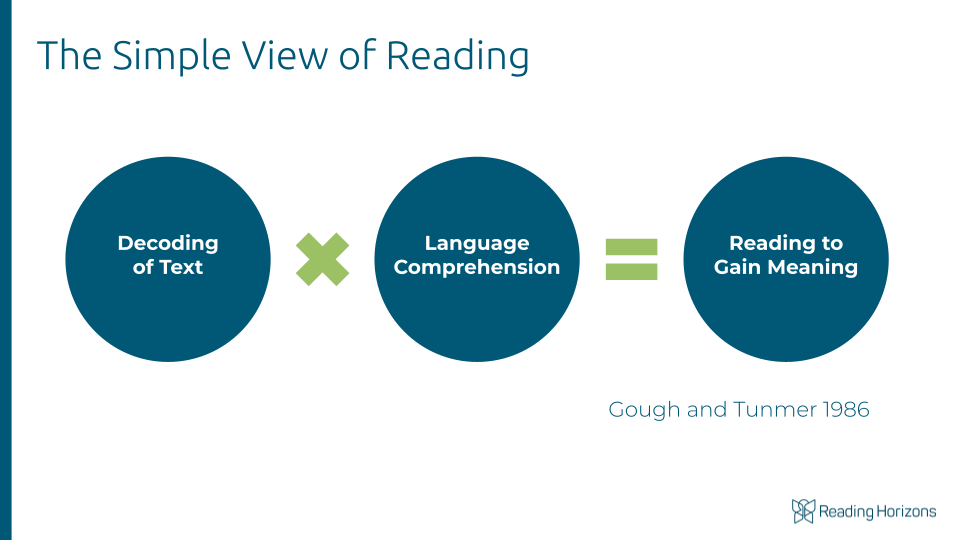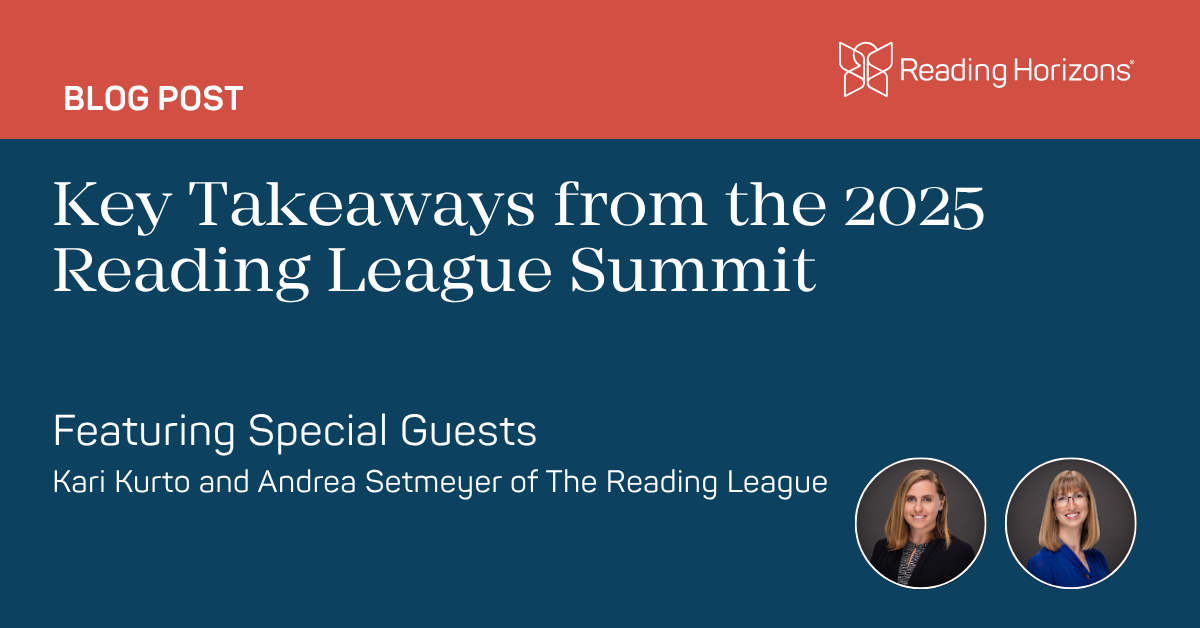Featuring Special Guests Kari Kurto and Andrea Setmeyer of The Reading League
Introduction: More Than a Conference—A Conversation
When the most influential minds in literacy gather not to lecture but to listen, something extraordinary happens. The 2025 Reading League Summit in Chicago wasn’t your typical conference—it was a curated space for civil discourse, courageous questions, and collaborative growth. This recap explores the atmosphere, themes, takeaways, and transformative power of the summit through the eyes of those who were there—and those who wish they had been.
A Summit with Purpose
Hosted by The Reading League, the summit was distinct from a traditional conference in both structure and tone. With just under 800 attendees, the event featured four carefully designed panels, each moderated by leading figures in literacy research and practice. The summit was framed by Andrea Setmeyer’s now widely praised “Goldilocks metaphor” on how research should be translated into practice: not too hot, not too cold—just right.
If we expect reading science to tell us what to do as an educator, we’re likely to be disappointed… but if we can shift our thinking and ask research to help us understand, then we empower educators.
Andrea Setmeyer, The Reading League National Chapter Director
Setting the Tone: The Goldilocks Principle
Setmeyer encouraged attendees to consider three modes of research translation:
- Too hot: Overstating the research (e.g., “this always works”).
- Too cold: Dismissing research as irrelevant.
- Just right: Thoughtful, contextual translation that empowers educator judgment.
This framework shaped the tone of each panel and became a recurring reference throughout the summit.
The Panels: Themes, Debates, and Discoveries
Each panel used the Simple View of Reading as a loose framework. What followed was a series of illuminating, sometimes challenging, but always respectful discussions.

1. Models of Reading: Simple vs. Active
Moderated by Dr. Jose Viana, this panel brought together Wes Hoover (Simple View) and Nell Duke (Active View). Though proponents of different models, they agreed each model serves unique instructional goals. This mutual acknowledgment provided an anchor for the rest of the summit.
“We have different models of reading that serve different purposes.” —Andrea Setmeyer
2. Language Comprehension: Beyond Phonics
Dr. Tiffany Hogan led a panel that spotlighted the critical role of language, syntax, and morphology. A standout message: language instruction is as essential as word recognition—especially for multilingual learners.
3. Word Recognition: Letters, Phonemes, and the Middle Ground
This highly anticipated panel included Susan Brady and David Kilpatrick. They tackled hot topics like phoneme proficiency and whether to teach phonemic awareness with or without letters. While they didn’t fully agree, the civil tone and clarity of their positions highlighted the summit’s success in fostering respectful discourse.
4. Reading Comprehension: Background Knowledge and Strategy
The final panel, moderated by Dr. Mitchell Brookins, explored how background knowledge, vocabulary, and strategy instruction interact to shape comprehension. One key agreement: we must teach students how to acquire background knowledge, not just assume they have it.
Beyond the Panels: Serendipity, Synergy, and Small Moments
Attendees noted that some of the most profound learning happened between sessions—during meals, table conversations, and spontaneous Q&A moments. Researchers and educators were seen discussing real-time challenges, sharing ideas, and planning possible future collaborations. This spirit of synergy was palpable.
“There’s no tired like Summit tired… but the energy never dropped.” —Kari Kurto
What Made the Summit Work?
- Careful Curation: Each panelist and moderator was handpicked not only for their expertise but for their openness to dialogue.
- Pre-Work: Panels met several times before the summit, establishing trust and finding common ground in advance.
- Safe Environment: The space allowed for disagreement without division, fostering intellectual humility.
Educator Empowerment
The summit underscored a crucial truth: the translation of research into practice must center the educator’s judgment.
As Donell Pons noted, “There’s just no replacement for a good teacher with a strong background observing and responding to student needs.” Teachers were not passive recipients—they were active participants, sometimes even guiding researchers toward areas needing further exploration.
Looking Ahead
The Reading League team is already buzzing with ideas for the next summit, though no date has been announced. As they plan, they remain committed to responsive programming, shaped by what the field needs most.
“Research to practice is powerful—but we also need practice to inform research.” —Stacy Hurst
Final Thoughts
Whether you attended or followed along from afar, the 2025 Reading League Summit reminded us that literacy education is not about finding the final word, but opening the conversation.
Stay tuned. The next summit might just land closer than you think. Until then, let’s keep bridging research and practice—with care, curiosity, and courage. Watch the full-video podcast episode or listen to it online. Follow Literacy Talks on your favorite podcast streaming service.

